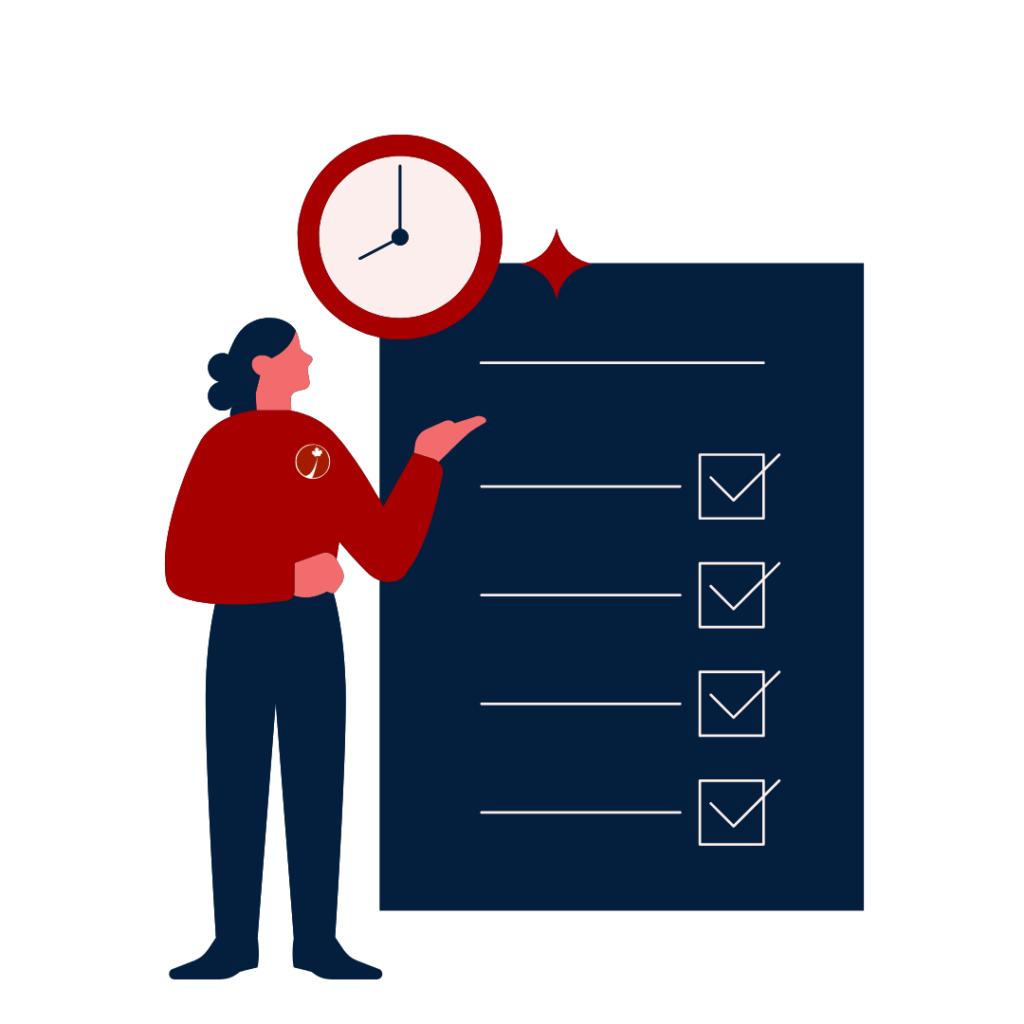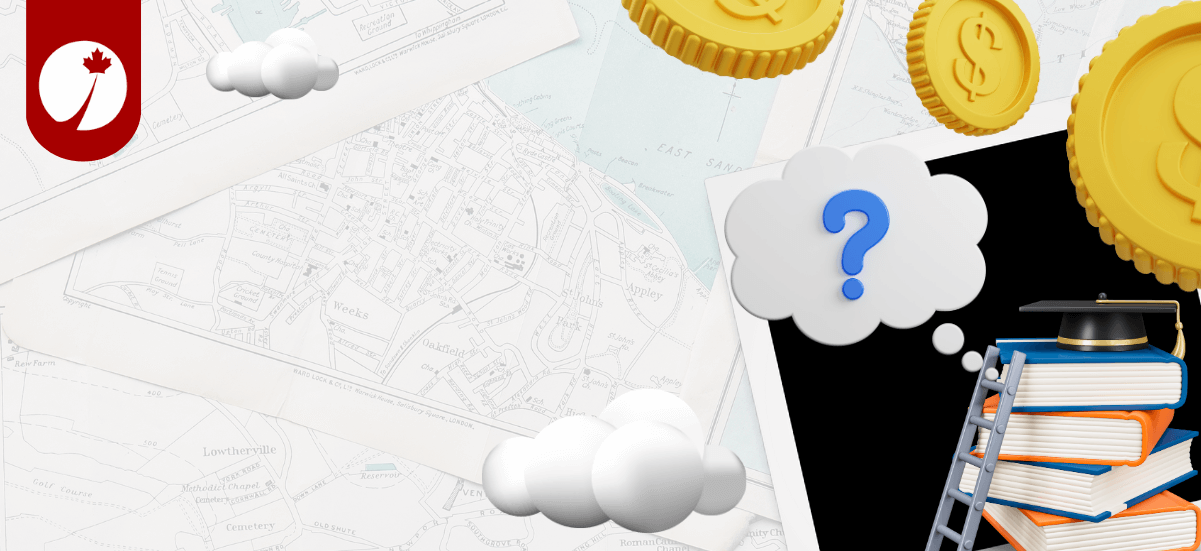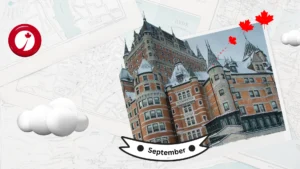Foreign citizens must obtain a study permit to engage in academic, professional, vocational or other education or training lasting more than 6 months at a Designated Learning Institution (DLI) in Canada. Provinces and territories approve (or “designate”) schools that can receive international students. These schools are known as Designated Learning Institutions (DLIs). If you are coming to Canada to study, you may be eligible to work during your time here. Working in Canada can help you gain practical work experience and build a network of professional contacts.
To work in Canada as an international student, you must have a valid study permit, be enrolled full-time at an eligible institution, and have a Social Security Number (SIN). Your study permit must include a condition that says you can work on or off campus. If your study permit does not have these conditions, you can request to have them added if you are eligible.

You can only start working in Canada when you start your study program. You cannot work before your studies start. You can work for any employer in Canada that is not on the list of ineligible employers. You must have the appropriate work permit to participate in a co-op or internship program. You must also apply for a post-graduation work permit in order to work in Canada after your studies.
You can usually work an unlimited number of hours on campus without a work permit. “On campus” means you can work in all buildings on your school’s campus. If your school has more than one campus, in most cases you can only work on the campus where you are studying.
To work off campus without a work permit you must be enrolled in a post-secondary vocational, or academic training program or a secondary level vocational training program (Quebec only) for which you will receive a degree, diploma or certificate. During regular school terms/semesters, you may work up to 20 hours per week. You can work more than 1 job to make up these hours as long as you continue to meet the conditions of your study permit.

In accordance with a temporary policy to work more than 20 hours per week off campus, your study permit application (including extensions) must have been received on or before October 7, 2022 and you must be in Canada or come to Canada before on December 31, 2023.
You can work full-time if you have a scheduled break, such as winter and summer vacations, or a fall or spring reading week. You can work overtime or work 2 part-time jobs that add up to more hours than usual. You must be a full-time student both before and after the break to work full time. If you are self-employed, you are also responsible for keeping track of the hours you work off campus and for demonstrating that you meet the conditions of your study permit.
If you were a full-time student each semester of your program but are studying part-time in your last semester to finish required courses, you can still work if you meet other requirements. You must stop working the day you stop studying full-time, unless you are in your last semester and meet other requirements, when your study permit expires, if you are on leave authorized to take a break from your studies, and if you are changing schools and you are not currently studying.

You can return to work only once you have returned to school and meet all the requirements to work in Canada with a study permit. After completing your study program, you may be able to work full-time if you already applied for a work permit before your study permit expired or if you are starting a new study program.
Remember that at Velosa Immigration we are here to make your Canadian dream come true, so we are waiting for you in a consultation to start your project of making Canada your new home!









